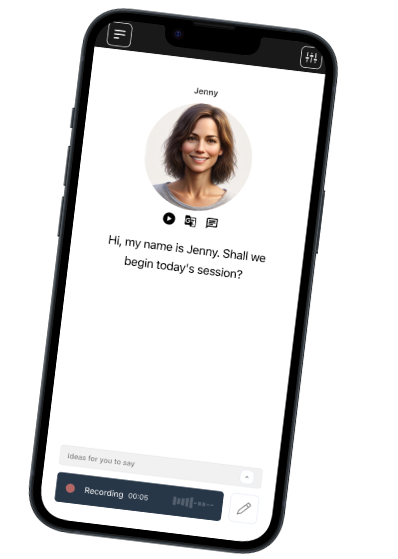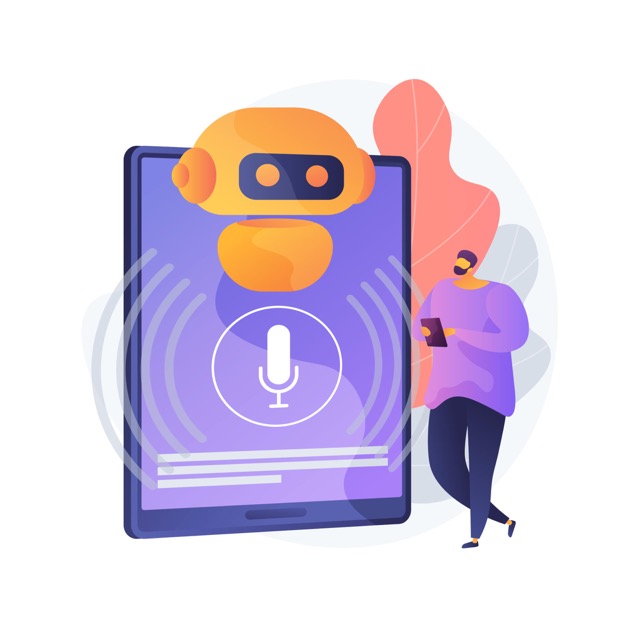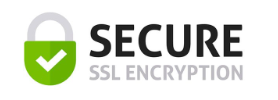Founded in Denmark. We respect your privacy.
Join a worldwide community of language learners
Why Most Language Learners Skip the Alphabet—And Why That’s Holding You Back
Last updated on
When starting a new language, most learners jump straight to vocabulary, useful phrases, or even grammar exercises—while barely glancing at the alphabet. After all, memorizing the letters and their sounds can seem boring, unnecessary, or confusing, especially when you’re eager to speak and understand as quickly as possible.
But is skipping the alphabet harmless? Or is there an unseen cost in your long-term progress? Language experts know that this early step hides much more power than most learners realize. Read on—you might be surprised to find out what truly sets successful speakers apart by the end of this article.
The Alphabet: More Than Just Letters
It’s easy to underestimate the alphabet, especially if you’re learning a language that shares similarities with your native script. However, every alphabet encodes important clues about a language’s sounds, rhythm, and even cultural mindset. For example, consider the subtle but crucial differences between English (US) and English (UK) pronunciation—even shared alphabets can map to different sounds and conventions.
Languages such as Russian, Greek, or Arabic introduce brand-new alphabets that shape how you hear and produce unfamiliar sounds. According to resources like Omniglot, scripts aren’t simply tools for writing—they guide how languages are spoken and understood.
The Pronunciation Puzzle
Here’s where it gets trickier: many letters don’t correspond to just one sound. English learners often grapple with “ough” (as in “rough,” “though,” or “through”), while French or Spanish beginners discover silent letters and unique accents. These quirks aren’t isolated; they are patterns that the alphabet helps you predict and internalize.
Neglecting the alphabet delays your ability to sound out new words, read authentic materials, and even self-correct. You won’t have a system for decoding pronunciation, making it harder to build up fluency. In fact, Cambridge English research highlights how early alphabet familiarity correlates strongly with better listening and speaking outcomes in language learners.
Reading and Speaking Are Linked
Learning to read isn’t just about books. The process of recognizing letters and connecting them to sounds actually rewires your brain for sharper listening and clearer speaking—no matter your age. Neurolinguistic studies (see recent research on brain imaging and literacy) show that working with written symbols activates areas of the brain that support pronunciation, memory, and even comprehension of spoken language.
For learners of languages with complex scripts like Russian or Mandarin, investing just a few days in focused alphabet practice pays lifelong dividends. And even in familiar scripts, careful attention to differences prevents years of fossilized mistakes.
How to Integrate the Alphabet—Without Losing Momentum
- Practice spelling out loud: Say each letter as you see it—connect it with both its name and typical sound.
- Write by hand: Physically forming letters deepens your connection to the script and sound system.
- Do listening dictations: Listen to short words or phrases and write what you hear—reinforcing both reading and listening skills.
- Compare dialects or regional varieties: See how the alphabet is adapted in variants like Canadian French versus European French or other available dialects on Talkio.
Sticking with it, even for 10 minutes a day, leads to faster recognition of words, fewer pronunciation errors, and more confident speaking—and you’ll notice this compounding effect the further you go.
The Big Reveal: The Alphabet as a Fluency Accelerator
Now for the part that most learners overlook—by mastering the alphabet early, you gain access to “self-service” language growth. You can sound out new words independently, explore native content with less fear, and break the cycle of repeated pronunciation errors. In essence, the alphabet quietly accelerates every language skill, creating momentum that textbooks or apps alone can’t replicate.
So the next time you begin a new language journey, don’t sidestep the alphabet. Treat it as your secret fluency advantage—it’s the foundation that separates those who plateau from those who truly thrive.
Talk Your Way
to Fluency

Talkio is the ultimate language training app that uses AI technology to help you improve your oral language skills!
Try Talkio


